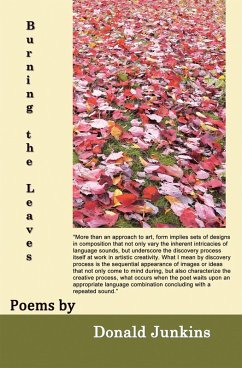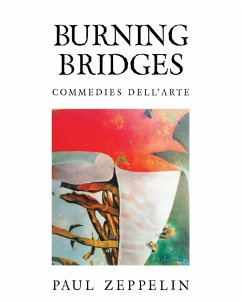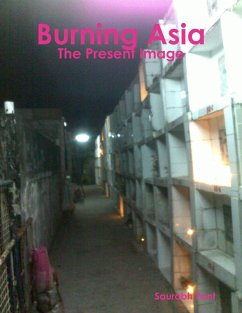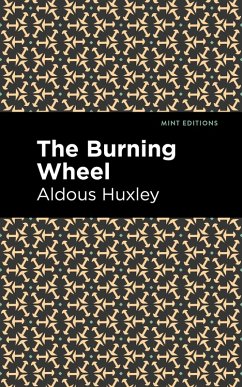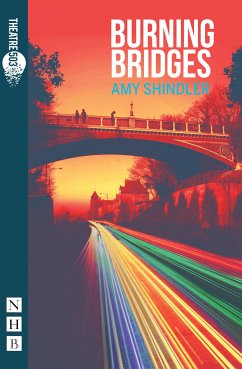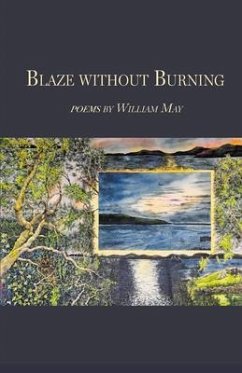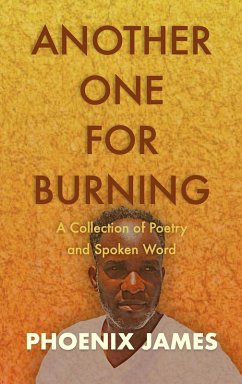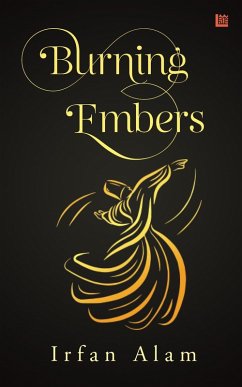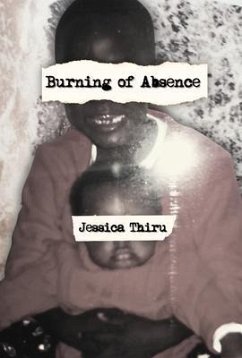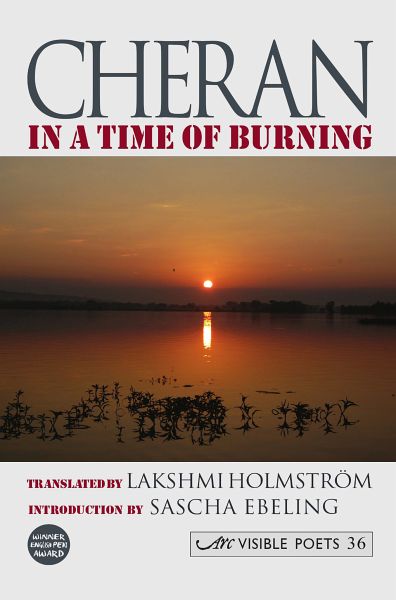
In a Time of Burning (eBook, ePUB)
Versandkostenfrei!
Sofort per Download lieferbar
9,99 €
inkl. MwSt.
Weitere Ausgaben:

PAYBACK Punkte
0 °P sammeln!
This selection charts the civil war in Sri Lanka, a war which has raged for more than three decades, and left a once idyllic landscape devastated. Together these works encapsulate the Tamil story of exile and displacement, of love overshadowed by uncertainty and loss. Introduced by Sascha Ebeling. Translated by Lakshmi Holmström. Amma, don't weep. There are no mountains to shoulder your sorrow there are no rivers to dissolve your tears. The instant he handed you the baby from his shoulder, the gun fired. (from 'Amma, don't weep', 1985) Cheran was born in Alaveddy in Jaffna, Sri Lanka. His two...
This selection charts the civil war in Sri Lanka, a war which has raged for more than three decades, and left a once idyllic landscape devastated. Together these works encapsulate the Tamil story of exile and displacement, of love overshadowed by uncertainty and loss. Introduced by Sascha Ebeling. Translated by Lakshmi Holmström. Amma, don't weep. There are no mountains to shoulder your sorrow there are no rivers to dissolve your tears. The instant he handed you the baby from his shoulder, the gun fired. (from 'Amma, don't weep', 1985) Cheran was born in Alaveddy in Jaffna, Sri Lanka. His two early collections, A Second Sunrise (1982) and God of Death (1984), and an anthology of Tamil resistance poems, Amidst Death, We Live (1985), are all landmarks in contemporary Tamil poetry. He currently teaches at the University of Windsor, Toronto. Lakshmi Holmström recently co-edited The Rapids of a Great River: the Penguin Book of Tamil Poetry (2010). From 2003 to 2006, she was a Royal Literary Fund fellow at the University of East Anglia. This book is also available as an ebook: buy it from Amazon here.
Dieser Download kann aus rechtlichen Gründen nur mit Rechnungsadresse in A, B, BG, CY, CZ, D, DK, EW, E, FIN, F, GR, H, IRL, I, LT, L, LR, M, NL, PL, P, R, S, SLO, SK ausgeliefert werden.




